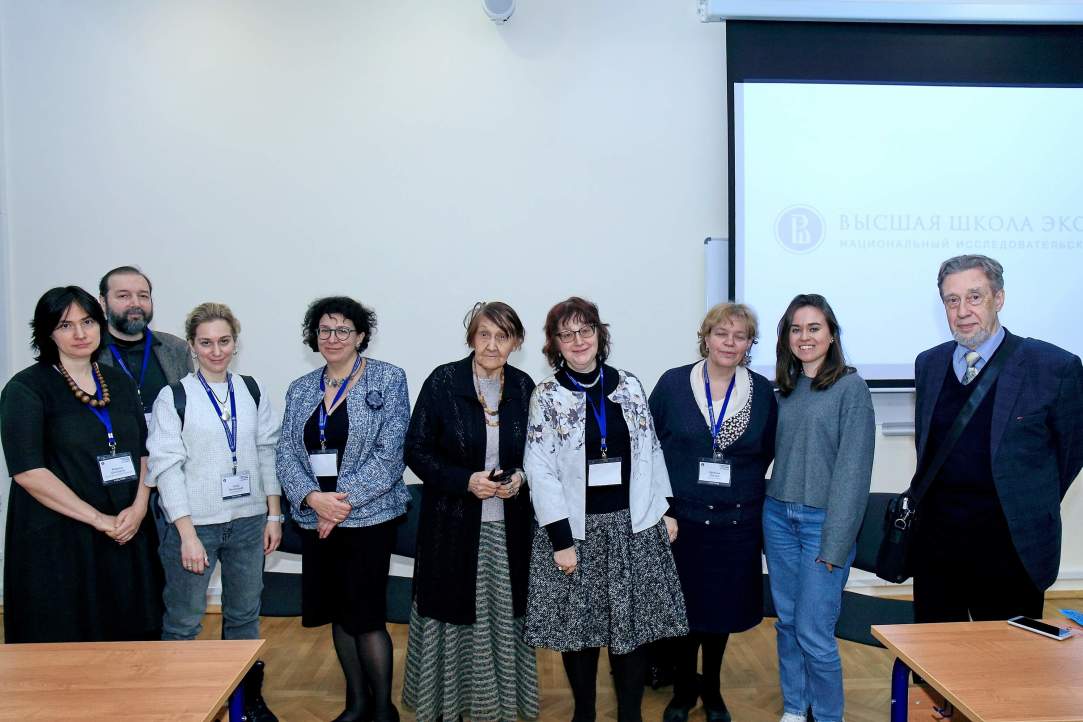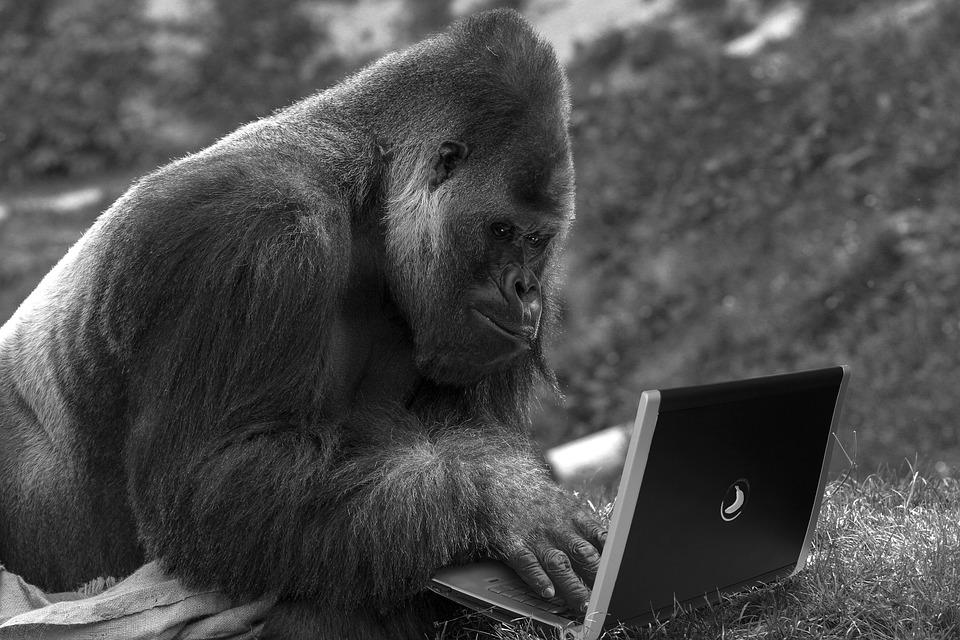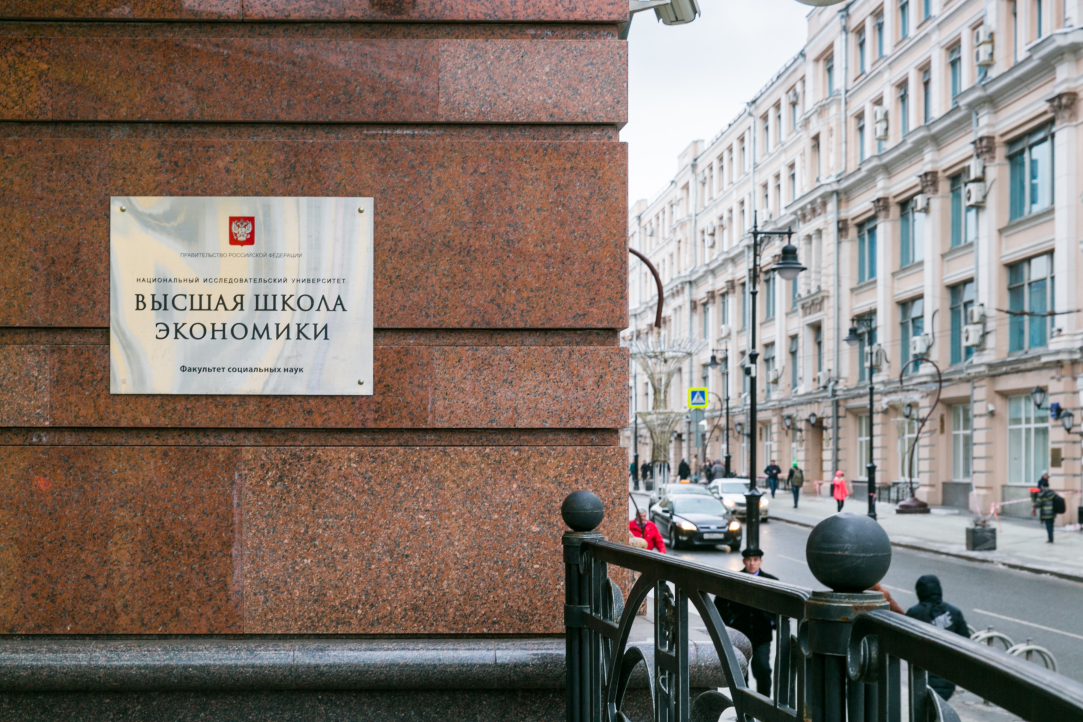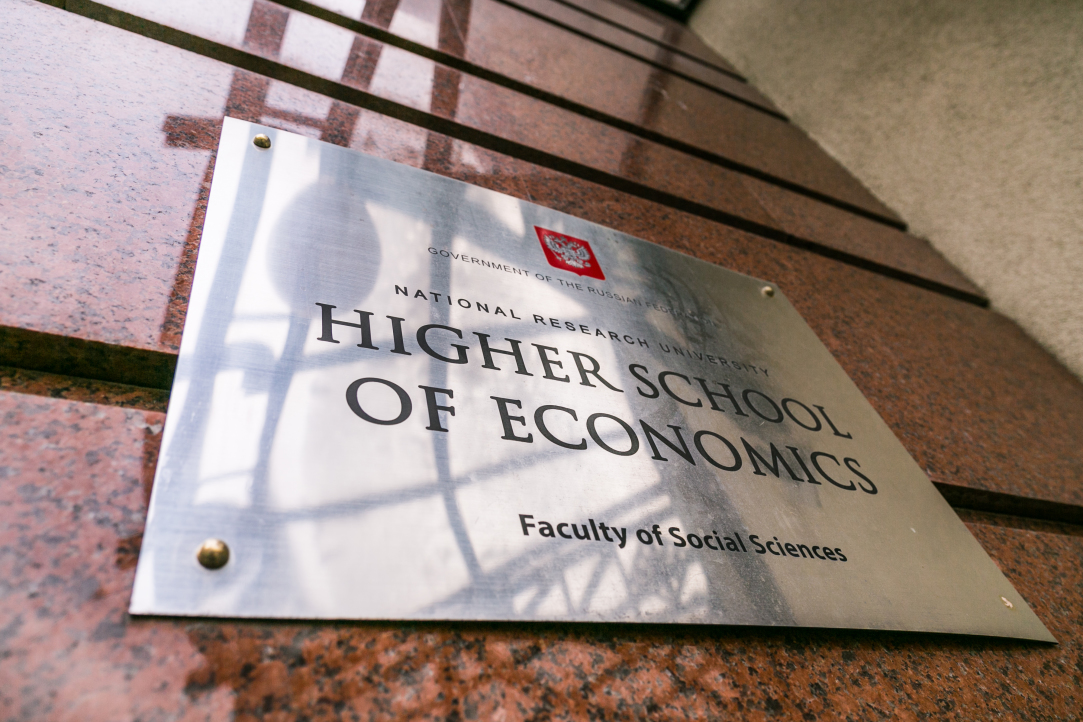
The Old Man and the Mortgage: On Fictional Characters' Financial Behaviour
Alexandre Dumas reveals some causes of economic crises, Ernest Hemingway explores financial decision-making, and Fyodor Dostoevsky offers his reader a glimpse into the minds of stock market players. IQ.HSE continues to read fiction from an economists' perspective: HSE Assistant Professor Henry Penikas takes a fresh look at some literary classics.

Isolated, Vulnerable, and Apathetic: HIV and the Transgender Community in Russia
Although HIV infection rates are high among the transgender community in Russia, many transgender people know very little about the virus, as well as their own health status. In Russia’s first study to examine transgender people as an at-risk social group for HIV transmission, demographers attribute these high infection rates to the community’s social stigmatization and isolation, as well as a lack of access to medical services. The study’s findings have been published in the HSE journal, Demographic Review.

What Theatre Can Tell Us about the Past
What do we remember about Soviet theatre, what can historical documents tell us about it, and how do Soviet narratives impact life in contemporary theatres and beyond? At the Theatre and Time Conference, hosted by HSE University, participants discussed these questions and more.
‘Developing Asian and Area Studies is a Huge Priority for the Next Decade’
Researchers and diplomats from 35 countries and eight Russian regional universities gathered at HSE University to discuss globalization in Asia and how it differs from what is taking place in Europe.

Scholars Provide Monkeys with a Virtual Hand
Researchers from Duke University and HSE University have succeeded in creating artificial tactile perception in monkeys through direct brain stimulation. This breakthrough can be used to create upper-limb neuroprostheses, capable of delivering a tactile sensation. The study’s results were recently published in the Proceedings of the National Academy of Sciences.

HSE among Selected Universities in Two Competitions Held by Russian Ministry of Education and Science
After conducting nationwide university competitions as part of the Digital Economy in the Russian Federation Programme, the Russian Ministry of Education and Science has selected a number of Russian universities to launch new international research centres and develop digital university models.

Per Aspera — But Headed Where?
Russian doctoral school — that only recently switched to the model of structured programmes — is once again at a crossroads. Which is better: the new model or traditional mentoring? And should postgraduate students be considered young scholars or ‘mature’ students? In her report to the Tenth International Russian Higher Education Conference, Natalia Maloshonok shared the views of doctoral research advisors on these and other questions.

Expecting to Be Cheated: Who Russian Consumers Are Wary of, and Why
Russians do not believe they can protect their consumer rights. They also put no faith in the government and distrust both retailers and producers. Such sentiments adversely affect attitudes towards the political system, said sociologist Regina Resheteeva in a study of data from the Higher School of Economics’ Russian Longitudinal Monitoring Survey (RLMS-HSE) and a survey of more than 500 Muscovites.
4
Projects have won the competition for the creation of international laboratories at HSE University for the period from December 1, 2019 to December 31, 2022.

Two HSE Projects Win ‘Mega-Grant’ Competition
A ‘Mega-Grant’ Competition for ground-breaking research projects funded by the Russian Ministry of Science and Higher Education was held for the seventh time, and this year’s competition winners included two projects that will be based at HSE University campuses. One research group will study dynamic systems at HSE – Nizhny Novgorod, and a new social neurobiology laboratory will begin work at HSE University in Moscow.

